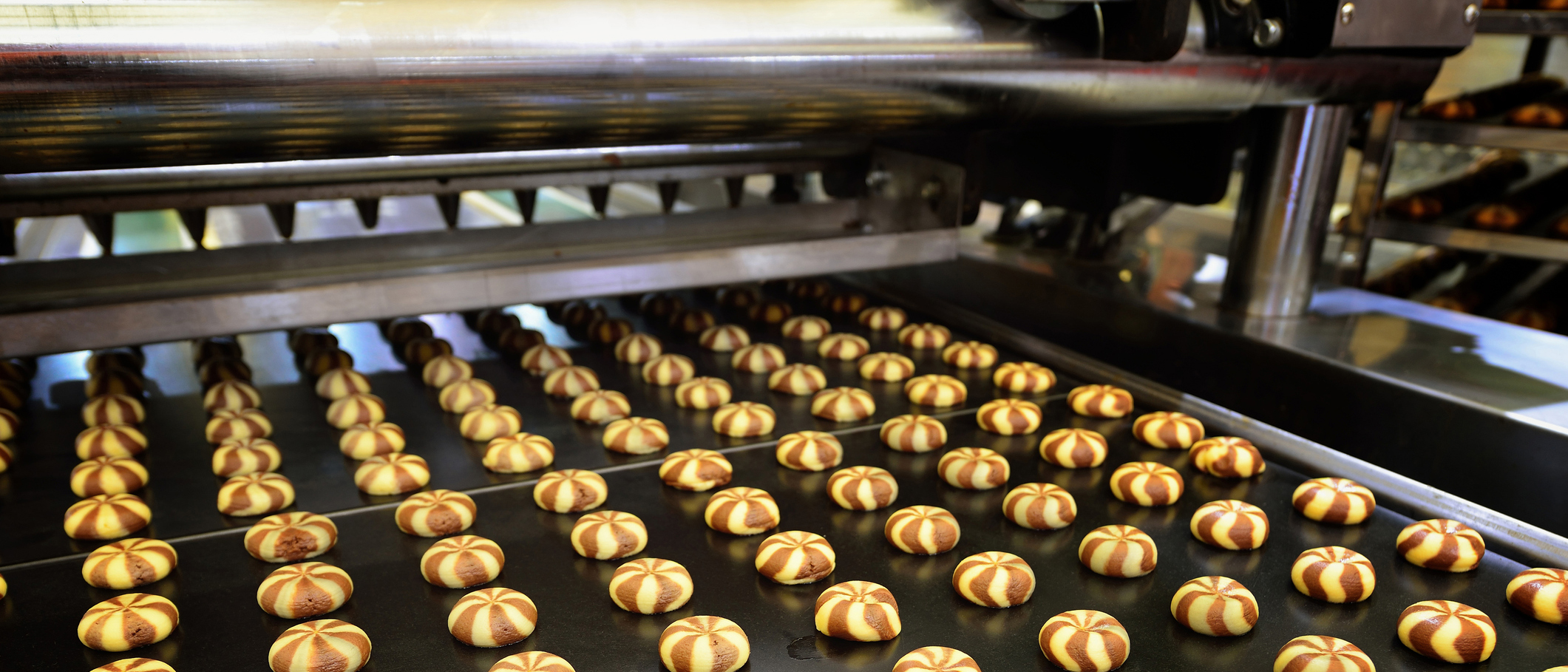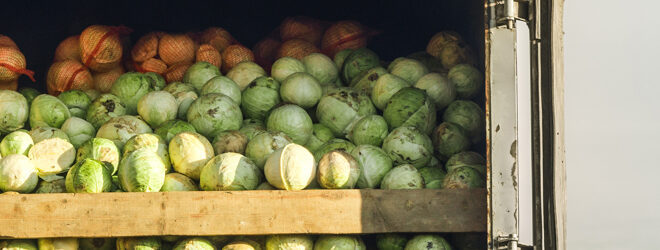Food manufacturers face different risks and challenges than other types of manufacturing companies. The process is complicated, with a variety of stages, from the raw goods stage through to processing, packaging, and distribution. There’s also a variety of tools, procedures, and people involved. A simple mistake in the production phase can ruin the finished product, and any amount of contamination can be dangerous.
But now, food manufacturers have even more risks to consider, as several economic forces have spurred growth opportunities for the industry.
Foreign demand is one of those factors. Industry output is projected to rise steadily because of foreign demand, according to the Conference Board of Canada, who found that exports surged by 6.4 per cent in 2016 and are projected to gain another 5.6 per cent in 2017.
Food manufacturing exports surged by 6.4 per cent in 2016 and are projected to gain another 5.6 per cent in 2017.
Job growth in the U.S. – which has led to an increase in the level of disposable income – has played a role in the uptick of foreign demand, according to Adam Ferguson, underwriting manager at Northbridge Insurance. And if NAFTA is resolved and manufacturers continue to favour foreign currency, an increase in sales is expected.
It’s no surprise that the food manufacturing industry is changing, considering the manufacturing industry as a whole is also changing. But with growth in the industry comes an increase in the number of risks manufacturers are opening themselves up to. Here, we address some of those key exposures and some tips on which aspects of risk planning should be heightened.
What are some of the risks?
No matter the economic landscape, there are always a few risks manufacturers need to be aware of. Machinery breakdown and business interruption are two of those. In an industry that relies heavily on machinery, the loss of equipment can be costly to replace and also result in lost profits while the equipment is being repaired.
But with a surge in exports, liability exposures will also increase. For instance, a food manufacturer selling to Walmart U.S. versus Walmart Canada may find themselves at higher risk, as the U.S. is typically a more litigious environment, according to Ferguson. Because of this, manufacturers may want to consider pricing their products based on a liability perspective.
Another issue to consider is product recall. As manufacturers sell more to foreign markets, product recall becomes a bigger concern. With more sales, it becomes more difficult to track down the product that must be recalled.
With global growth, what aspects of risk planning should be heightened?
As the Canadian food manufacturing industry grows, detailed documentation is key. Food manufacturers should have a concise track record and be able to cross-reference stock. This will help protect against instances of contaminated products.
Supply chain is increasingly important, according to Ferguson. If a manufacturer is making a niche product that relies on one supplier for something not easily replaced, a higher contingent business interruption limit may be required to cover a potential loss.
It’s also important to have product recall coverage that includes third party financial loss. That way, if a grocery store in Europe loses money because they can’t sell your product and comes to you for financial compensation, you’re covered.
What should be considered in newer markets?
With broader exports, it’s important to be aware of and adhere to the regulations in different countries. For example, if the Comprehensive Economic and Trade Agreement (CETA) is approved, Canadian manufacturers will be dealing with European countries much more often, and should therefore be aware if they have different labelling laws in place. Mislabelling can present serious issues if someone with a nut or shellfish allergy eats something that contains those allergens, or if a customer believes something to be gluten-free when it isn’t.
Protect yourself
Northbridge has mobilized risk consultants who can help you identify and mitigate the risks your business faces every day. By assessing your cooking and refrigeration equipment, along with thermal imaging of key electrical systems, we can help you uncover vulnerabilities.
Educating yourself about the risks and taking precautions to mitigate them are good first steps, but sometimes they aren’t enough. That’s where manufacturers’ insurance comes in. Check out our insurance offerings catered specifically to food manufacturers, and rest easy at night knowing that you’re covered.




